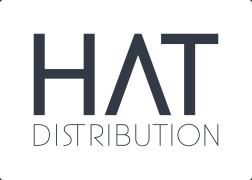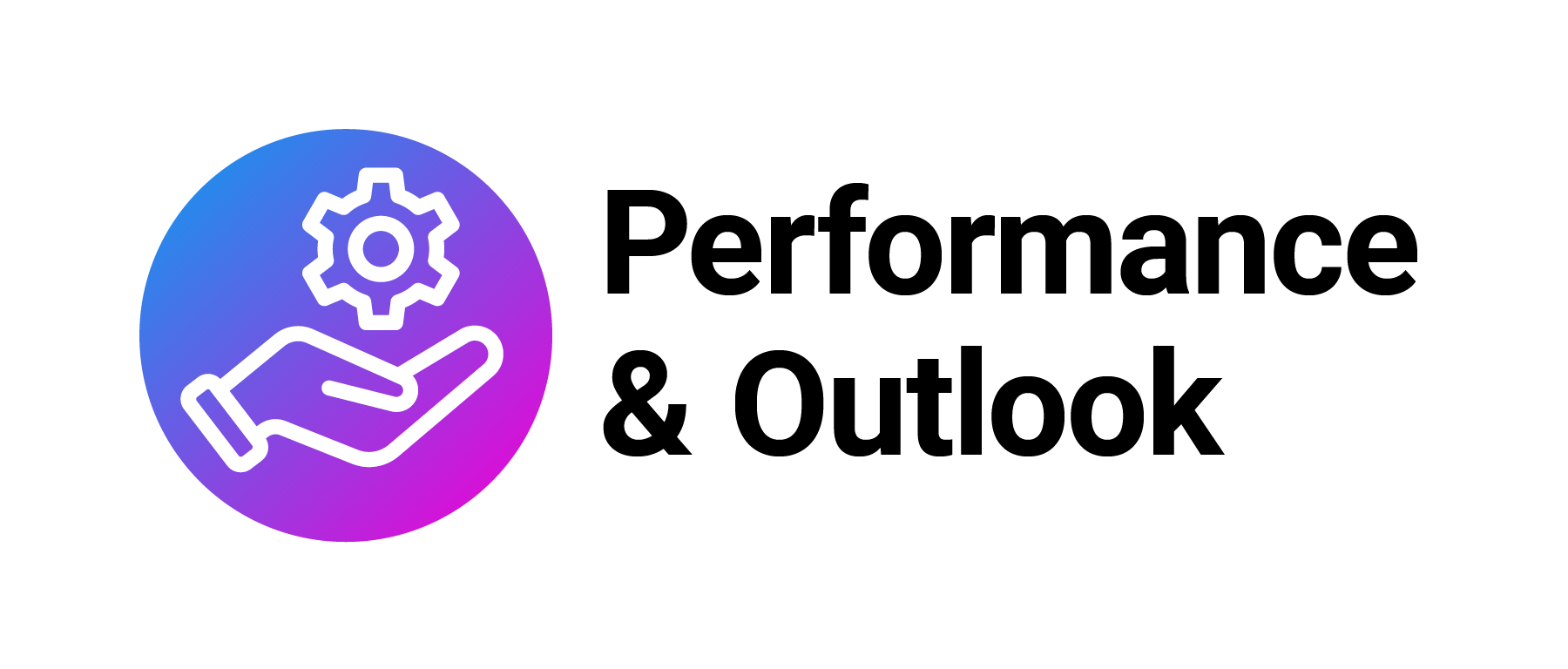proudly sponsored by


MSP Champions
We are proud to present the 2025 State of The MSP Report sponsors.












